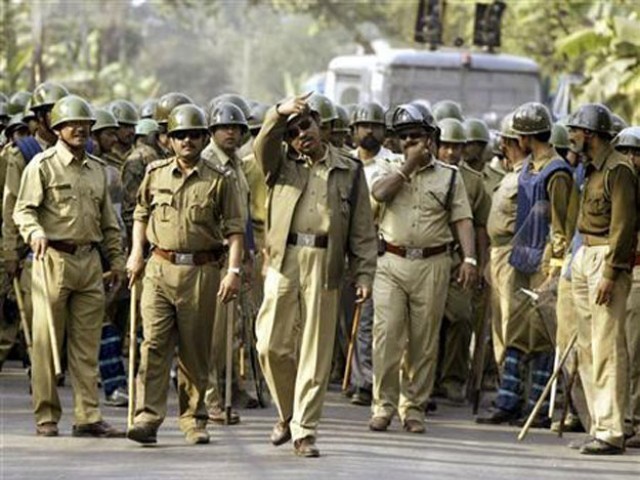A police station near the Pakistan border was attacked by five gunmen dressed as army soldiers. Security forces were sent to respond to the incident. Three civilians, one security officer, and one of the attackers were confirmed dead.
A spokeperson from the Northern State Police of Punjab stated that he had seen at least six people injured and one security officer shot. The siege continues as he was reporting the incident to AFP over the phone.
"We now have reports of at least three dead civilians besides the one police home guard jawan (officer) who was killed earlier," the police's spokerperson Rajvinder Singh reported to AFP.
Singh further stated, "Just five minutes ago, I saw one security officer involved in the operation get shot. I don't know his condition, but he was immediately rushed to the hospital.
"The operation is on and this is still a live-operation.," according to Singh.
A white Maruti-Suzuki car transported the attackers. There were five of them. The five attackers were dressed as army soldiers, as disclosed to Reuters by Hacharan Bains, one of the Punjab's chief minister's advisers.
On one of the railway tracks in the state five bombs were found, which suggested a series of coordinated attacks during the time that India has marked its near-war anniversary with Pakistan back in 1999.
Within the Jammu and Kashmir states lies Gurdaspur, during the militancy period of the area. Pakistan is being accused by India of aiding militants from Kashmir, Punjab, and Jammu. This has been strongly denied by Islamabad.
In 1984 India battled an insurgency from the Sikhs in Punjab during the 1980's which led to the assassination India's late Prime Minister Indira Gandhi by her own Sikh bodyguards.
Gandhi's decision to drive out the militants from the Golden Temple in Amritsar sparked the assassination plot towards her. The venue turned out to be the holiest place for the Sikh extremists.
The Sikh militants demands for an independent territory that they called Khalistan.
"This is probably linked to the movement of the 1990s, these are the Khalistanis who have done this. The remnants of that movement are still being hosted and protected in Pakistan. That is who I assume would be behind it eventually. Directions would have come from there," staed Ajai Sahni, Executive Director, from the Institute for Conflict Management in New Delhi.
Three wars had already broken out between India and Pakistan due to their territorial disputes over Kashmir.



























